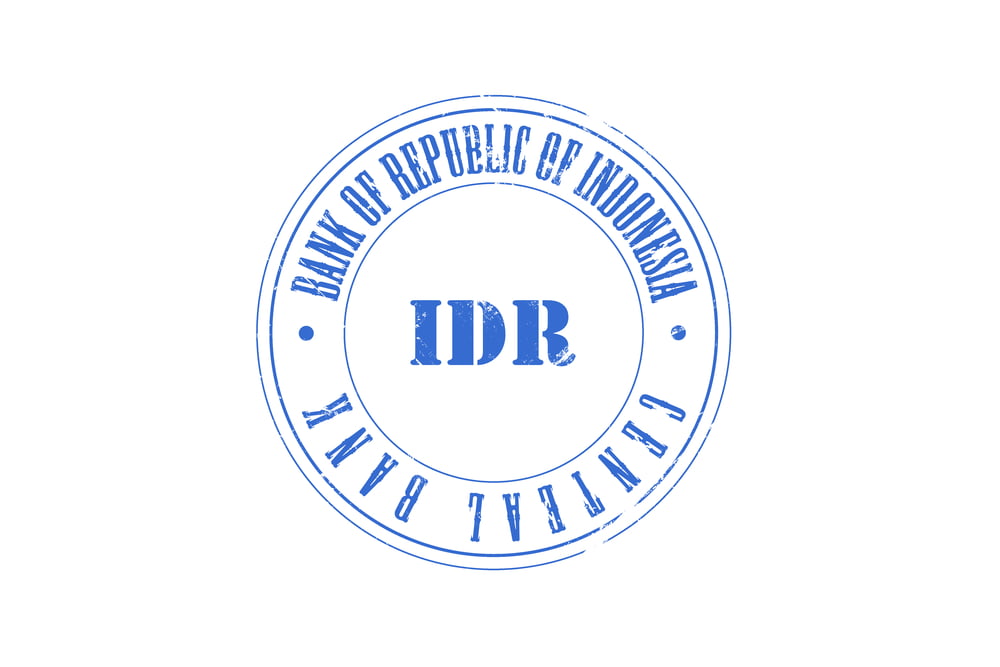Recent reports indicate that Indonesia’s central bank has decided to crack down once again on Bitcoin, stating that it represents neither a legal nor recognized medium of exchange and payment in the country.
Indonesia resumes past position on digital currencies
Back in February 2014, Reuters reported that Indonesia had decided to ban the use of digital currencies. A press statement issued by the country’s central bank at the time read: “Bitcoin and other virtual currencies are neither currency nor legal payment tools in Indonesia. People are advised to be careful about Bitcoin and other virtual currencies”.
Shortly thereafter, the country decided to reconsider its position on digital currencies, and hence turned a blind eye to individual users, bitcoin exchanges, and business services involving digital currency use.
It seems the latest announcement has already led to the closure of Toko Bitcoin and Bitbayer, two Bitcoin payment platforms operating in Indonesia. Bitbayer, an alternative to services like BitPay, has announced it will cease its services as of November 1st. Users are encouraged to withdraw all of their funds before the end of this month. Additionally, Toko Bitcoin, which was popular for allowing customers to purchase electricity vouchers along with phone credits, has decided to stop accepting the digital currency as a means of payment.
While reports indicate that there was no official request made by the central bank towards these two companies, it is important to point out that its governor, Agus Martowardojo, stated that Bitcoin was not a legal method of payment and that if used as such, action would be taken. Not long beforehand, the digital currency could be used as a method of payment as long as prices were denominated in Indonesia’s national currency, the rupiah.
This decision is likely to have a negative impact on numerous fintech businesses and start-ups operating within Indonesia, as most will now have to reconsider their niche or move their operations somewhere else. However, Bitcoin exchanges will continue to operate freely in the region.
Based on these reports, what do you think about the central bank’s latest crackdown on digital currencies in Indonesia? Let us know your thoughts in the comment section.

